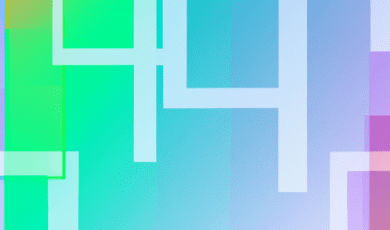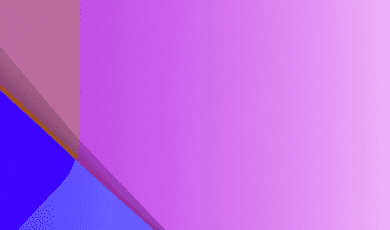Messages récents

How Proofreading and Editing Shape Geopolitical Reporting
Discover 10 ways professional proofreadi...

Can AI Tools Strengthen Democratic Participation?
Discover 10 ways intelligent participati...

Bridging Nations Through Medical Translation Services
Enhance global healthcare with expert li...

Регистрация фирмы и влияние законодательства: где пересекаются политика и бизнес
Узнайте, как открыть ф...

From Paris to Berlin How Franco-German Relations Shape EU Policies with the Help of German Translation Services
Explore how Franco-German ties influence...

Au cœur du changement décrypter les enjeux sociaux derrière les réformes en France
Explore the social challenges behind maj...

Pouvoir et perception une plongée dans les dynamiques invisibles de la scène politique française
Explore the hidden dynamics of power and...

¿Por qué los gobiernos requieren servicio de traducción jurada en trámites oficiales?
Descubre por qué los gobiernos exigen s...

Voix de la République comment les débats actuels redéfinissent la politique française
Discover how current debates are transfo...

Why Politics and Governance Rely on French Legal Translation Services
Discover why politics and governance dep...

La Question du Pouvoir d'Achat : Défis Économiques et Réponses Gouvernementales Face à l'Inflation en France.
Explore how rising inflation impacts pur...

Publishing a Foreign-Language Book in the UK? Why Certified Translation Services UK Are Essential
Discover why document translation servic...

Capacitación in situ de funcionarios públicos con expertos internacionales: el valor de la interpretación consecutiva
Capacitación in situ de funcionarios re...

Les Élections Législatives de 2027 : Premiers Signes et Stratégies des Partis Politiques en 2025.
Explore early signs and party strategies...

Le Second Souffle du Mandat Présidentiel : Analyse des Réformes Clés et de Leur Réception en 2025.
Explore key presidential mandate reforms...

Interpretariato da remoto in ambito politico: vantaggi e rischi da considerare
Scopri pro e contro dell’interpretaria...

Organisations internationales : comment les services d’interprétation à distance facilitent la coopération entre États
Découvrez comment l’interprétation s...

Konsekutivdolmetschen vor Ort: Die Rolle von Dolmetschern bei internationalen Wahlkampagnen
Konsekutivdolmetschen vor Ort: Wie Dolme...

Bringing Transparency to Government: Video Remote Interpretation for Public Briefings
Discover how video remote interpretation...

Immigration et Intégration : Le Débat Français à l'Épreuve des Réformes et des Réalités en 2025.
Explore France's 2025 immigration and in...

